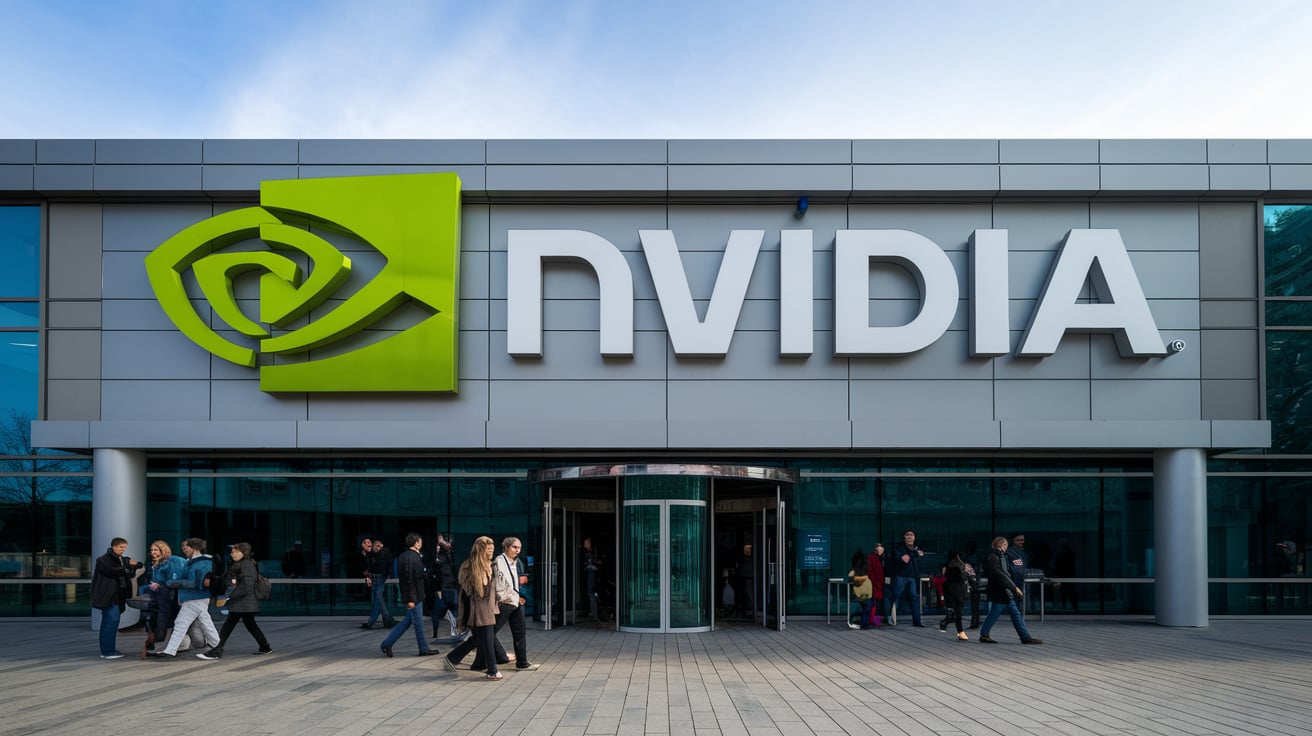
Nvidia and other major chip companies faced another round of losses on Wednesday, following a steep sell-off in the previous session that highlighted growing concerns on Wall Street about inflated valuations in the tech sector as enthusiasm for artificial intelligence (AI) begins to wane.
In premarket trading, Nvidia's stock dropped 1.6%, compounding a dramatic 9.5% decline on Tuesday that wiped $279 billion off the company's market value—the largest single-day loss ever recorded for a U.S. company. The dip comes as investor optimism around AI technologies, which had fueled much of this year's equity market gains, appears to be cooling.
Investors have grown increasingly wary about the long-term returns on substantial AI investments, particularly after Nvidia's recent revenue forecast fell short of high expectations despite strong quarterly growth. Since its peak on June 18, Nvidia's share price has plummeted nearly 20%, with its forward price-to-earnings ratio now sitting just below 30. Despite the recent downturn, the stock remains up over 650% since the start of 2023.
The sell-off extended to other chip stocks, including Arm Holdings, Micron Technology, Qualcomm, and Broadcom, which saw premarket declines of 0.5% to 1.5%. U.S.-listed shares of TSMC, Nvidia's key manufacturing partner, also fell by 1.5%.
Market analysts, such as Tai Hui, Asia chief market strategist at J.P. Morgan Asset Management, noted that investor focus is shifting towards overall market valuations, with particular attention on tech stocks that have maintained significant premiums. Hui emphasized the uncertainty surrounding how companies will monetize AI developments and justify their current capital expenditures.
Adding to Nvidia's challenges, Bloomberg News reported that the U.S. Department of Justice has issued a subpoena to the company, intensifying an antitrust investigation into its AI practices. Analysts warn that regulatory scrutiny could escalate, as Nvidia recently disclosed information requests from both U.S. and South Korean regulators.
Dan Coatsworth, an investment analyst at AJ Bell, pointed out that Nvidia's extensive investments across the AI sector could raise concerns among regulators about potential preferential treatment towards its investee companies or customers who exclusively use its chips. With Nvidia's dominant position in the AI chips market, the outcome of this regulatory scrutiny could have significant implications for the broader industry.